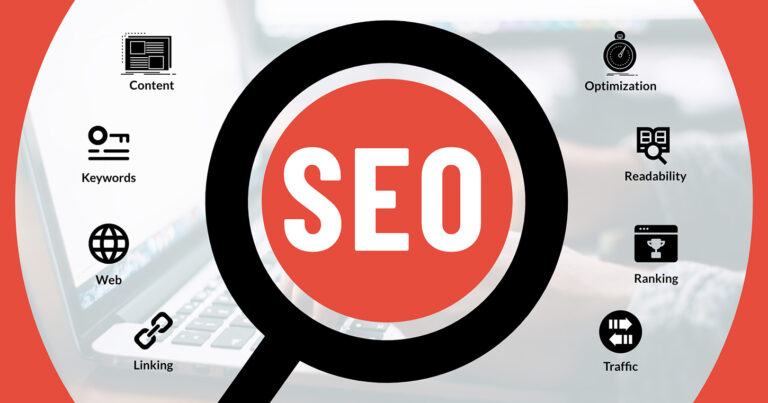To keep your website relevant and visible in search results, you need to use SEO Content Optimized. These behind-the-scenes elements may go unnoticed by users but are crucial for search engines. As we head into 2024, this guide will walk you through everything you need to know about SEO Content Optimized from the basics to advanced optimization strategies for the algorithm-driven future.

What is SEO Blogs ?
Blog SEO is all about making and updating your blog so it ranks better on search engines. This usually involves finding the right keywords, building links, optimizing images, and writing great content.
Does blogging help with SEO?
Blogging boosts your SEO Content Optimized by making your website a go-to source for answers to your customers’ questions. By using various on-page SEO tactics in your blog posts, you increase your chances of ranking higher in search engines and making your site more attractive to visitors.
Why does blogging improve search engine Optimization
Google and other search engines use ranking factors to determine which results appear for each search query and how to rank them.
Blogging can help you SEO Content Optimize your site for important Google ranking factors such as:
Organic Click-Through Rate
Blogging allows you to create relevant content for more keywords than other types of pages, which can boost your organic clicks.
For example, someone who clicks on a landing page usually has a transactional intent, meaning they’re ready to make a purchase or take action.
However, people search online for various reasons. A blog can address navigational, informational, and transactional queries.
By creating content for different types of searches, you can increase clicks to your pages and improve your Search Engine Optimization
Index Coverage
Indexing is when a search engine finds your content and adds it to its database. Later, that page can show up in search results when someone looks for related keywords.
To get Google to crawl and index your pages, it’s important to create relevant, link-worthy content. One effective way to do this is by regularly adding fresh content to your site. Blogging gives you a reason to post new content regularly, encouraging more frequent indexing.
Backlinks
When other websites link to your pages, it signals to search engines that your content is valuable and authoritative.
Backlinks act like online endorsements. If your blog receives links from reputable sites, it’s more likely to rank higher in search results.
Since blog posts often provide useful information or insights, they tend to attract more quality backlinks.
Internal Links
When you link from one page on your site to another, you’re creating a clear path for users to follow.
Internal links help people easily find the content they’re looking for and also help search engines Optimization understand how your site is organized.
A blog adds more pages to your site that you can link to internally, guiding visitors to other helpful content. For example, if I run a lawn maintenance company and offer lawn mowing services, someone searching for a lawn mower might not find my services right away. But if I write blog posts about the best lawn mowers, lawn mowing challenges, or pest control for lawns, my site becomes easier to discover.
If someone looking for lawn mowers decides they want an easier option, they might be interested in my services. Internal links can help guide them to those pages.
Blogging benefits SEO in many ways. It lets you share valuable information with your audience, attracts new customers, and keeps current ones engaged. Plus, it helps build trust, boost sales and leads, and improve your search engine rankings.